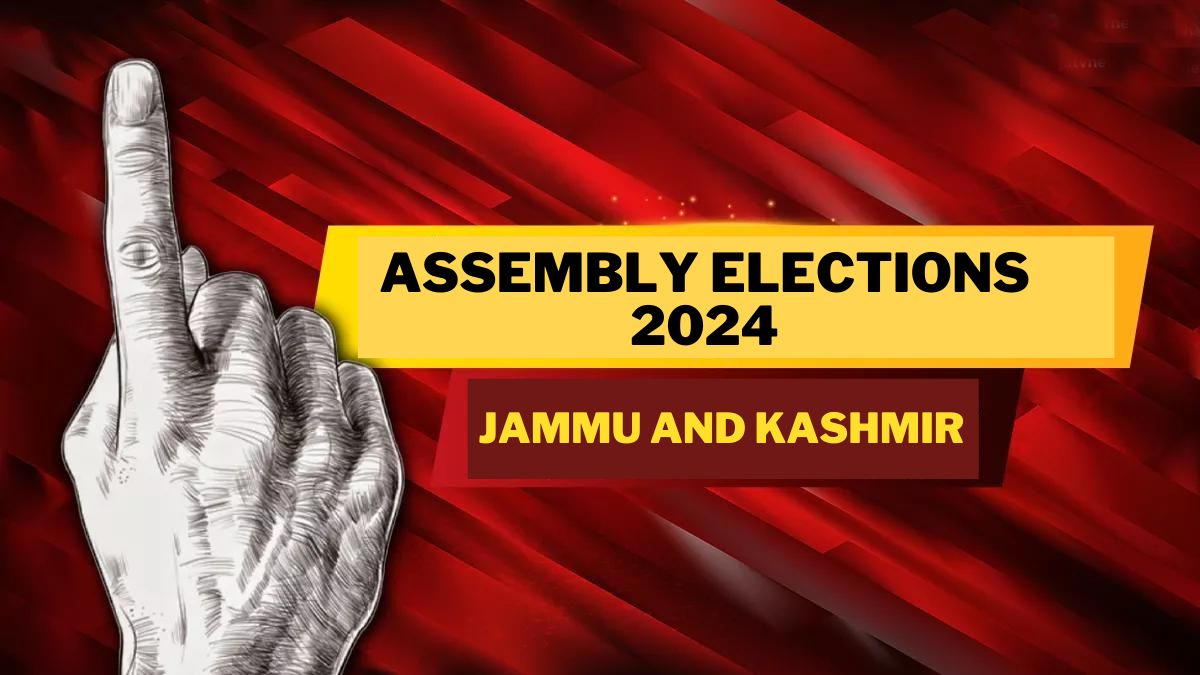The recently concluded Jammu and Kashmir Assembly elections have marked a crucial turning point for women in regional politics. Three women candidates have emerged victorious, a significant achievement in a region where female political representation has traditionally been low.
The elections, held in three phases on September 18, 25, and October 1, culminated in the announcement of results on October 8, 2024. This historic election led to the formation of the first elected government in Jammu and Kashmir since its special status was read down. Of the 873 candidates vying for seats, only 35 were women and three of them secured wins.
They were elected to the 90-berth house. However, authorities are nominating three more women to the house with full voting rights, bringing the number of women lawmakers to six.
The Congress-National Conference (NC) Alliance is poised to form the next government, securing a notable lead in the elections. Among their ranks are two victorious female candidates: former minister Sakeena Ittoo (NC) and Shamima Firdous (NC), while BJP’s Shagun Parihar also achieved a win. These three women have made their mark, overcoming the region’s deep-rooted patriarchal politics.
A prominent figure within the National Conference, Sakeena Ittoo reclaimed the D H Pora seat in Kulgam district. The Election Commission of India reported that Sakina won with a substantial margin of 17,449 votes, polling 36,623 votes against her nearest rival, Gulzar Ahmed Dar, who secured 19,174 votes. She had previously represented this constituency, formerly known as Noorabad, in 1996 and 2008. Her father, Wali Mohammad Itoo, also held the seat multiple times, further cementing the family’s political legacy. Sakeena has endured significant adversity throughout her career, surviving twenty assassination attempts. Her resilience and leadership have been pivotal in her political journey.
Another veteran National Conference candidate, Shamima Firdous, triumphed over BJP’s Ashok Kumar Bhat in the Habbakadal constituency in Srinagar. She won by a margin of 9,538 votes, securing 12,437 in total. Habbakadal, a constituency with a storied history of National Conference victories, continues to be a stronghold for the party. Firdous previously won the seat in both 2008 and 2014, adding another triumph to her political career.
The sole female BJP candidate, Shagun Parihar, secured a notable victory in Kishtwar, a constituency where her win carries personal significance. Parihar’s father and uncle were both killed in militant attacks in 2018, making her political journey deeply symbolic. In her victory speech, she expressed heartfelt gratitude to the people of Kishtwar: “I bow before the people of Kishtwar for their faith in me and my party. Their support is deeply appreciated, and I am humbled by their endorsement.” Prime Minister Narendra Modi, during a campaign rally in Doda, had referred to Parihar as a “living example of the BJP’s commitment to ending terrorism” in the region, further underscoring the symbolic value of her candidacy.
While these three women have made significant inroads, some high-profile female candidates were less fortunate. Iltija Mufti, the daughter of former Chief Minister Mehbooba Mufti, lost in the Srigufwara-Bijbehara constituency. She garnered 23,529 votes but was defeated by National Conference candidate Bashir Ahmad Veeri, who won with 33,299 votes. Former PDP minister Asiea Naqash also faced defeat in the Hazratbal constituency.
Out of 35 women who contested the 2024 Assembly elections, only three emerged victorious. Comparatively, in the 2014 elections, 24 women contested, with only two successes, including Asiea Naqash and Shamima Firdous. In 2008, 67 women ran for seats, with three securing victories. Despite these incremental changes, the results highlight a gradual but significant rise in women’s representation in Jammu and Kashmir’s political landscape.
This year’s elections not only signify the return of democratic governance to the region but also reflect the slow yet steady progress towards gender equity in politics.

